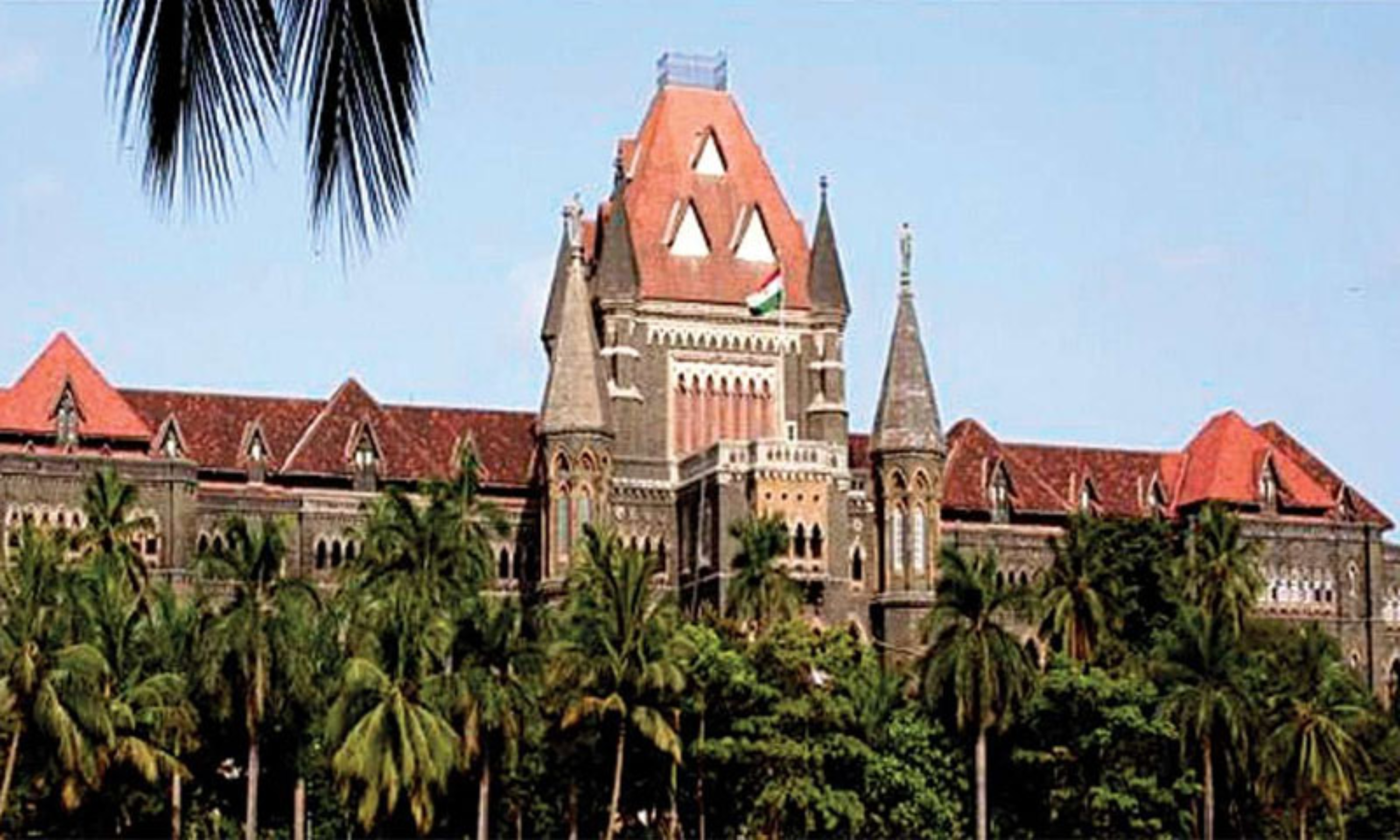Bombay High Court Waives Cooling-Off Period for Estranged Couple, Emphasizes Realistic Approach
Mumbai, August 6, 2024 – In a landmark decision, the Bombay High Court has waived the mandatory cooling-off period for an estranged couple seeking divorce, highlighting the necessity of a realistic and practical approach in matrimonial cases.
The court's ruling came in response to a petition filed by the couple, who argued that the mandatory cooling-off period of six months, as prescribed under Section 13B(2) of the Hindu Marriage Act, 1955, was causing undue hardship and prolonging their mutual consent divorce. The couple had been living separately for over a year and had amicably resolved all their disputes, including financial and custodial arrangements.
Justice G.S. Patel, delivering the judgment, stated that the intent of the cooling-off period is to provide time for reconciliation and to ensure that the decision to divorce is well-considered. However, in cases where reconciliation is not possible and the parties have mutually agreed to part ways, the court must adopt a realistic approach to prevent unnecessary delays.
"In cases where both parties are firm on their decision to separate and have settled all matters amicably, the mandatory waiting period serves no useful purpose other than prolonging their agony," Justice Patel remarked. "The court must take a practical view and prioritize the well-being and autonomy of the individuals involved."
This decision aligns with previous judgments by the Supreme Court of India, which have advocated for the waiver of the cooling-off period in certain circumstances to expedite the divorce process and alleviate the emotional and financial burden on the parties.
Legal experts have welcomed the ruling, viewing it as a progressive step towards more empathetic and efficient judicial procedures in matrimonial cases. They believe that such decisions will encourage more couples to resolve their issues amicably and seek mutual consent divorces, reducing the backlog of cases in family courts.
The ruling sets a precedent for future cases, potentially influencing courts across the country to adopt a more flexible approach in dealing with mutual consent divorces. It also underscores the importance of judicial discretion in ensuring justice is served in a timely and compassionate manner.
As societal norms and family structures evolve, the judiciary's role in adapting legal procedures to meet the changing needs of individuals becomes crucial. The Bombay High Court's decision is a testament to the ongoing efforts to make the legal system more responsive and humane.
The estranged couple, whose identities have been withheld for privacy reasons, expressed relief and gratitude towards the court for recognizing their circumstances and expediting the divorce process.4o

